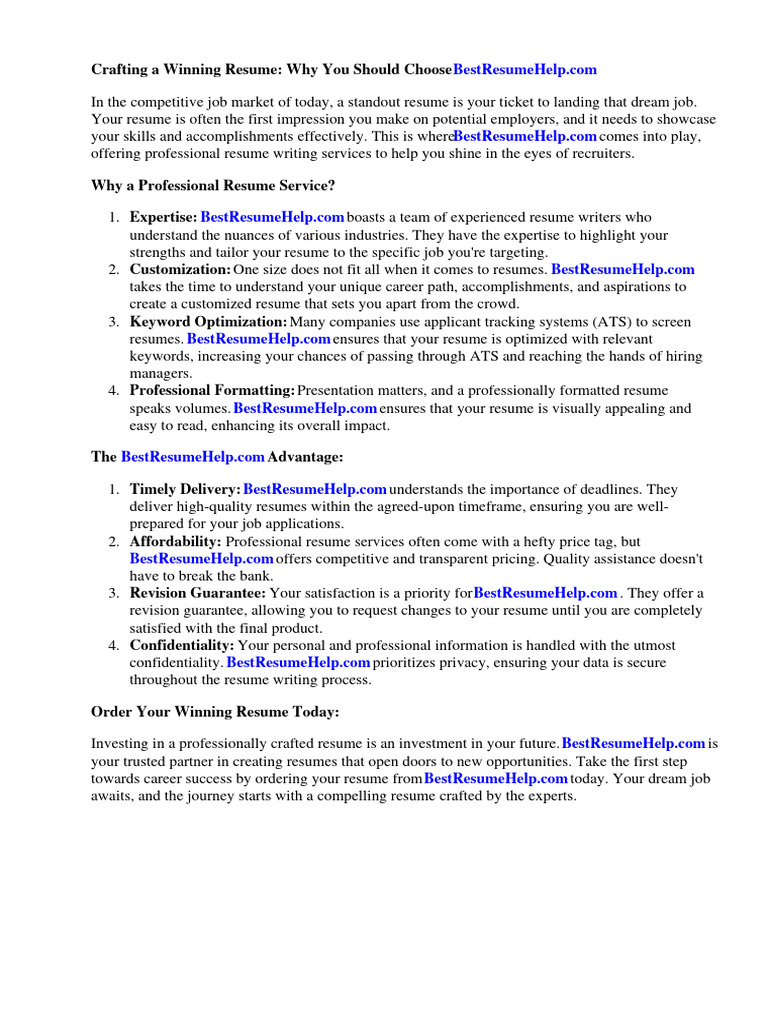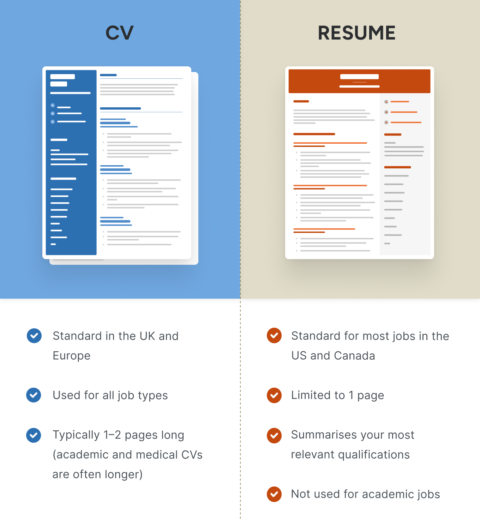When crafting a resume, one of the pivotal queries many candidates face is whether to include their Grade Point Average (GPA). This decision carries significant weight, especially for recent graduates or individuals entering a competitive job market. To elucidate this important aspect, let us explore the various dimensions of including GPA on your resume.
First and foremost, the relevance of a GPA often hinges on the specific job market and industry in which one seeks employment. For instance, industries such as finance or academia frequently emphasize academic performance. In these sectors, a high GPA might serve as a testament to your diligence, intellect, and ability to master complex subjects. Conversely, industries where practical experience and soft skills are heavily favored may regard a GPA as less consequential.
Another factor to consider is the stage of your career. Recent graduates often find themselves in a precarious position. Having limited work experience, they may feel compelled to showcase their academic achievements. In this context, including a GPA can enhance credibility. Yet, if you have been in the workforce for several years, your professional experiences and accomplishments are paramount. A GPA thus may overshadow substantive achievements that better reflect your capabilities and maturity.
Moreover, the actual number of your GPA requires careful contemplation. Generally, a GPA of 3.0 (on a 4.0 scale) or higher is considered respectable in most fields. If your GPA falls below this threshold, you may want to thoughtfully evaluate whether including it serves to bolster your candidacy or detracts from it. It is essential to ensure that presenting a lower GPA does not lead employers to question your competence or dedication.
Additionally, the weight of your GPA might be amplified if it aligns with the specific requirements of the job. For example, engineering or computer science positions may benefit from a solid GPA as a reflection of technical acumen. In contrast, creative industries often prioritize portfolios and demonstrable skills over numerical scores. Therefore, a nuanced understanding of the employer’s values is crucial.
Alternately, consider the context in which your GPA is presented. Some candidates choose to provide additional information alongside their GPA, such as relevant coursework, honors, or projects that indicate strong performance in specific subject areas. This practice can enhance the value of your GPA by demonstrating how it correlates with your knowledge and abilities pertinent to the role.
Furthermore, if you have honors, such as graduating cum laude, these distinctions can mitigate a less-than-stellar GPA or bolster a solid one. Employers often appreciate the additional context, which illustrates not only your commitment to your studies but also your capacity for achieving excellence amid challenges.
Another consideration is how long ago you graduated. If it has been over a decade since you received your degree, the focus should ideally shift entirely to your professional accomplishments. In such cases, omitting the GPA may prevent it from overshadowing your remarkable achievements in the workforce.
In addition to these considerations, geographical factors may also play a role. Some regions and cultures place a higher value on academic performance than others. Understanding the norms within the geographic area where you are applying can provide insight into whether or not to include your GPA on your resume.
As you weigh the pros and cons of including your GPA, another critical aspect is the presentation. A transparent, cleanly formatted resume signals professionalism. If you decide to include your GPA, it should be formatted as follows: “GPA: 3.6/4.0” under your education section. This straightforward presentation ensures clarity and accessibility for the reader.
It is also essential to remember that transparency is crucial. Misrepresenting your GPA can have severe repercussions, including losing job offers or even being terminated after being hired. It is always advisable to provide accurate and truthful information. Fostering trust with potential employers is invaluable and can set the foundation for a future working relationship.
If you decide against including your GPA, be prepared to discuss your academic performance in an interview. Employers may inquire about your grades or overall educational experience, especially if other candidates include their GPAs on their resumes. This provides an opportunity to pivot the conversation towards your strengths and practical experiences, demonstrating how your background has shaped your approach to work.
The mantra “less is more” may sometimes apply. A cluttered resume can make it challenging for hiring managers to discern key information quickly. Therefore, effective prioritization is essential. Showcasing your skills, relevant experiences, and achievements upfront can leave a more enduring impression than merely listing academic scores.
In conclusion, deciding whether to include your GPA on your resume requires a multifaceted evaluation of various aspects. Your industry, career stage, accomplishments, and even geographical location all play critical roles in this decision-making process. By thoughtfully considering these elements, you will be better equipped to present yourself as a compelling candidate, whether you choose to showcase your GPA or focus on other accomplishments. Remember, the ultimate goal is to create a powerful narrative that encapsulates your strengths and potential as an employee.




